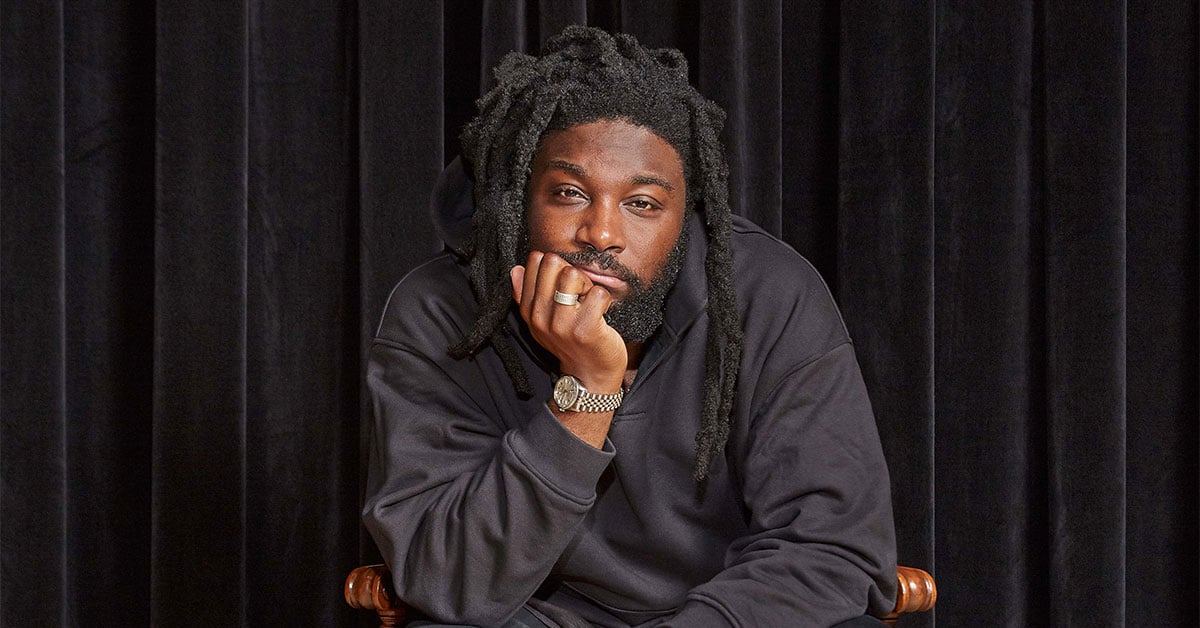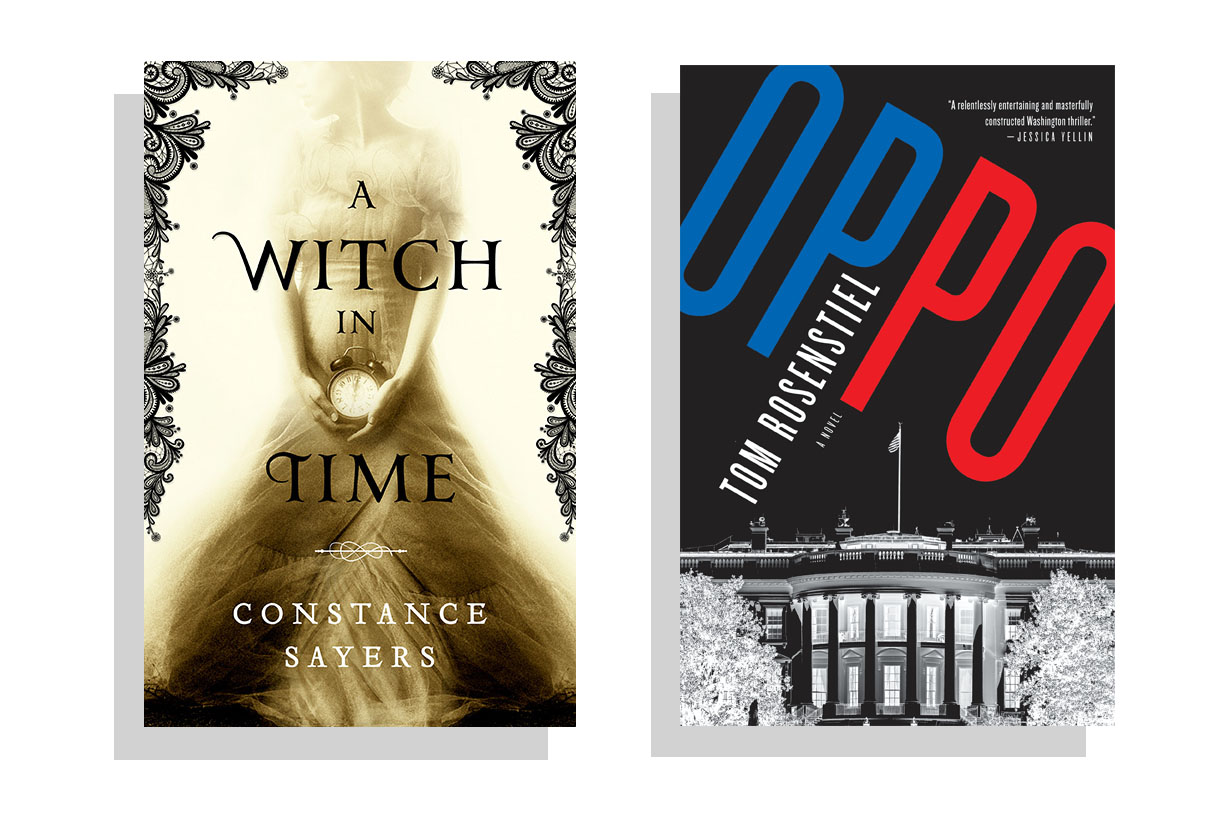“There are people,” observes Sibylla, the heroine of DeWitt’s debut novel, “who think death a fate worse than boredom.” Not so Sibylla, who got into Oxford on recommendations she wrote herself, knows at least ten languages, and slept with a bad writer on a first date to shut him up.
The product of that union, Ludovic, is no ordinary three-year-old. By four, he’s read The Iliad in Greek and is clamoring to learn Japanese. By 11 he’s usurped the book’s narration from his mother and embarked on a quest to know his father.
Sibylla refuses to disclose the man’s identity, hoping to provide role models for Ludo in the characters and actors of the film The Seven Samurai, which they watch over and over until Ludo picks up Japanese street slang along with an acute sense of samurai honor.
When Ludo finally meets his father, he suffers a few days of disappointment—having discovered the man is a mediocre writer of titillating novels—but rebounds when he realizes he can now choose any father he wants.
Among the candidates: a globetrotting linguist, a gambling impersonator of diplomats, and a suicidal war journalist. Their stories add to the dissections of grammar, explanations of scholarly texts, and movie scenes that interrupt the main plot, creating a layered, multivoiced novel.
DeWitt, who lived in England before moving to Washington, creates characters both cerebral and touching. She sets them loose in a vibrant London landscape filled with geniuses, failures, and maniacs. The result is a novel where no reader will experience the insufferable fate of boredom.
Author:
Helen DeWitt
Publisher:
Talk Miramax
Price:
$24.95
















